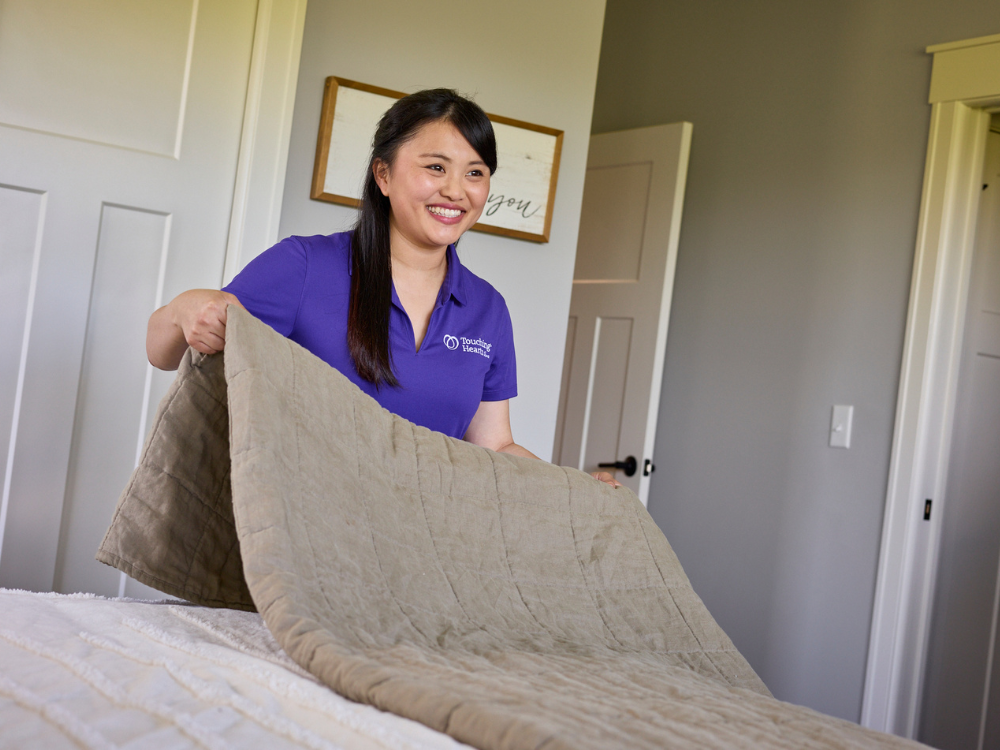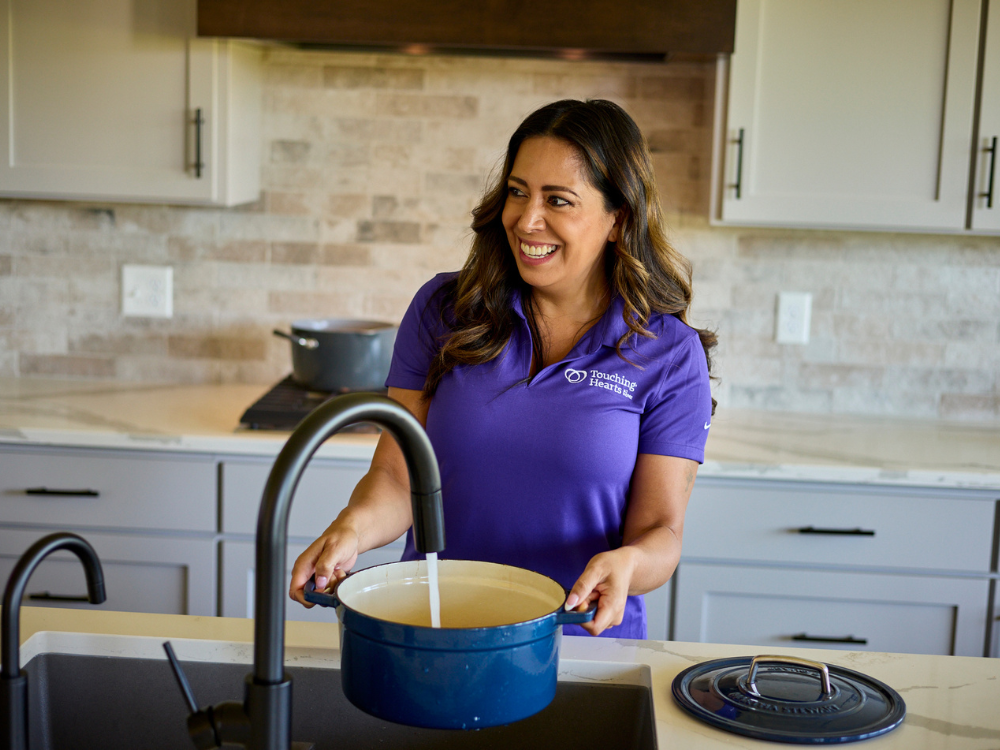Elder Abuse
Elder Abuse is any behavior or action within a relationship of trust that harms an older person. It includes financial, psychological, physical, sexual, social abuse and neglect. In some states, self-neglect is also considered elder abuse. The most common form of abuse is financial exploitation, with physical abuse, neglect, and emotional abuse following.
Abusers are both women and men. In almost 60% of elder abuse and neglect incidents, the perpetrator is a family member. Two thirds of perpetrators are adult children or spouses. Incidents of abuse can also take place with non-family caregivers in both home and care facility environments.
It can be difficult to take care of a senior who has many different needs, and it’s difficult to be elderly when aging can bring with it physical or mental weakness and dependence. Both the demands of caregiving and the needs of the elder can create situations in which abuse is more likely to occur.
Social isolation and mental impairment (such as dementia or Alzheimer’s disease) are two factors. Recent studies show that nearly half of those with dementia experienced abuse or neglect. Interpersonal violence also occurs at disproportionately higher rates among adults with disabilities.
Elder abuse is an intentional act, or failure to act, by a caregiver or another person in a relationship involving an expectation of trust that causes or creates a risk of harm to an older adult.
If you are an elder who is being abused, neglected, or exploited, tell at least one person. Tell your doctor, a friend, or a family member whom you trust. Or call one of the helpline listed below.
If you see an older adult being abused or neglected, don’t hesitate to report the situation. Don’t assume that someone else will take care of it or that the person being abused can get help if he or she really needs it.
If an older adult is in immediate, life-threatening danger, call 911.
In the U.S., the first agency to respond to a report of elderly abuse is usually Adult Protective Services (APS). Its role is to investigate abuse cases, intervene, and offer services and advice, although the power and scope of APS varies from state to state.
Elder abuse helplines and hotlines/US: 1-800-677-1116 (Eldercare Locator)
Preventing elder abuse means doing three things:
- Listening to seniors and their caregivers
- Intervening when you suspect elder abuse
- Educating others about how to recognize and report elder abuse
Let us be the eyes and ears for our elders. Protection begins with awareness.
Ramona Hunt, M.S. Touching Hearts, Inc.



